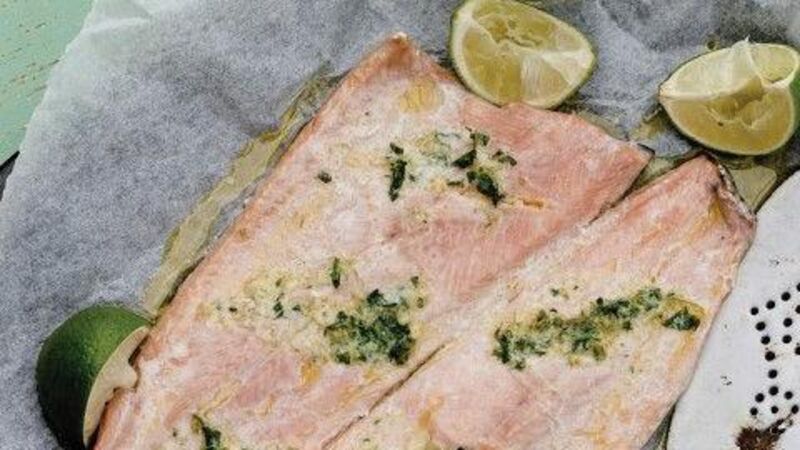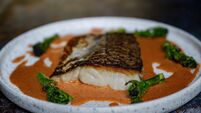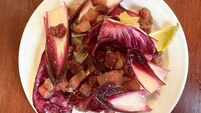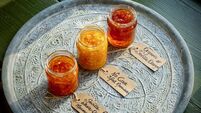Derval O'Rourke: The best ways to feed your brain, including my recipe for baked trout

Baked Trout with Lime & Garlic Butter
A few weeks ago I wrote about the importance of gut health and some of the ways you can help to keep your gut microbiome healthy and happy. While this is incredibly important to do, there is another area of our body’s that we should be mindful of - our brains. The brain is a vital organ for us and is charged with controlling and processing things like breathing, memory, emotion, motor skills, vision and helping to regulate our body temperature and so much more to keep us alive and well. It is essentially the control centre of our body. Keeping our cognitive function sharp allows us to continue to process new information and gain knowledge which is a vital part of life! This week I will be sharing with you some of the different foods that you can incorporate into your diet that research suggests has some of these beneficial nutrients for our brains and cognitive function. I will also share with you a lovely healthy recipe for Baked Trout.
While there is no magic bullet that we can take to help keep our brains healthy and functioning to the best of its ability, there are certain foods, minerals and vitamins, that we can be aware of that will help aid us in keeping our brains healthy.









